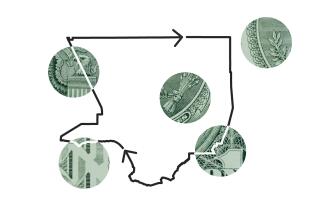Seeds of Change
The House continues debate today on the controversial “Freedom to Farm” legislation, which would end the 60-year-old system of major crop subsidies and government controls on planting. The Senate passed its version of the bill Feb. 7. Core proposals in both measures are the same:
* Declining payments for growers of corn, feed grains, cotton, rice and wheat:
Both bills would cut farm payments 20% over seven years, earmarking $36 billion for growers of these crops. This scraps the traditional market-oriented approach of increasing subsidies when crop prices are low and reducing them when prices are high. At the end of the seven years, Congress would have to decide what kind of support, if any, farmers should get in the future. Growers would be allowed to plant the crops they want, when they want.
* Continuing price supports for peanuts, sugar and dairy products:
Subsidies for these products cost Americans $3 billion a year. The guaranteed government price for peanuts would be lowered from $678 to $610 a ton. The bills would end planting limits for domestic sugar growers and lower the guaranteed minimum price by a penny a pound.
Sources: Wire reports
More to Read
Get the L.A. Times Politics newsletter
Deeply reported insights into legislation, politics and policy from Sacramento, Washington and beyond. In your inbox three times per week.
You may occasionally receive promotional content from the Los Angeles Times.








